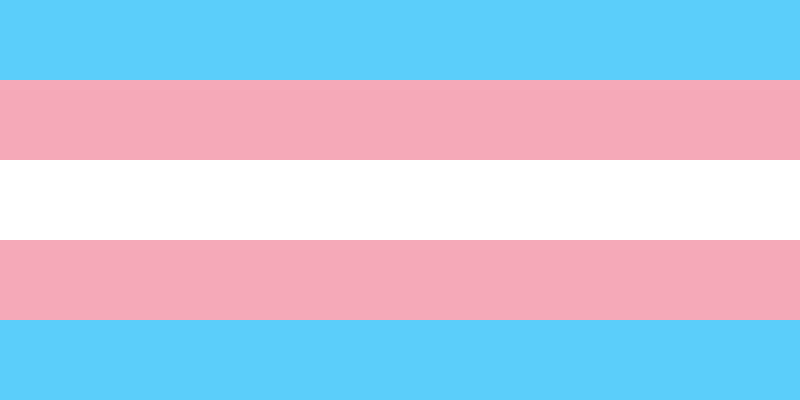Reflections on First Responders
/
First Responders have been a large part of the news these days, and they may be the best part of the news. Their courage and skills, their willingness to put their own lives on the line, brings out the best in all of us. They set a high standard for what it means to be a human being. The recent Ripples' article about first responders made that very clear
I had only just retired when 9.11 occurred, and I remember watching on television the streams of people running for their lives on the streets of downtown New York, with an enormous gray cloud of ash and smoke just behind them. And then there was another group of firefighters and police, running down the same street toward the smoke and flames trying to save as many lives as possible.
I was "uncomfortably" in New Hampshire, miles away, safe, wondering which I would rather be running away or running toward. My inner self wished I could do something. It was hard to keep seated, hard not to move, as my eyes were glued to the television.
The images did not go away in the days after, but some reality began to take over. Those running away from collapsing buildings, no doubt had families to care for, important jobs to get back to. They had responsibilities, and they were not trained to fight fires or rescue people in this horrific event. Better to get out of the way! Those running toward the chaos were brave people, trained to deal with emergencies, with at least a chance to make a difference.
About ten days after 9.11 it so happened that Elizabeth and I traveled to New York because I had a meeting at the Church Center. I was still on the committee for the Diocese of Liberia. That meeting finished and a staff member of the Presiding Bishop wanted to visit the small Episcopal Church that sits right near the crater where the buildings fell, and it was a refuge place for exhausted firefighters and construction workers to take a break and find food before returning to their jobs. It is also the church that played a role in George Washington's Inauguration.
I asked if we could go too, and so Elizabeth and I and several others piled into a local bus and went as far downtown as possible in New York, where the streets are named (not numbered) and they look homey and quaint. We walked as close as we could. There was awful smoke and radiating heat, with a strange unworldly smell, and in the pit people and machines were working as fast as they could to uncover any human remains. When they found anything, even vaguely human, and began the long climb out of the pit with a gurney, everything stopped and there was reverent silence before the work went on. I was able to have prayers there, at the edge of the crater for our small group, and then for workers at the church who were awake and ready to start out again.
My prayer seemed very small, almost insignificant, with everything else going on at that site. But that was my training, my chance to make some little bit of difference with words of hope, and gratitude, and assurance that God was present with healing beyond our understanding.
I was not a first responder - far from it. I was too late to solve a single problem. But then later I remembered the story of Jesus going several days too late for the death of his dear friend Lazarus, and how the sisters berated him about not coming sooner. It is one of the most down to earth, real episodes of interaction between people in all biblical scripture. What Jesus did was to give hope, to change the equation from a negative to a positive, to bring to the grieving sisters an abiding sense that life goes on.
What became clear to me is that there are many kinds of first responders. Some clearly are the medically trained people, and police, and transportation drivers, and firefighters. And yet, even before they arrive on the scene there are mothers and fathers, brothers and sisters and other family members, who spot problems and begin the process of help. Teachers do that, and coaches, and school bus drivers may be the ones who notice something that needs attention, or someone who waits on table, or cleans our living space.
First responders are people who care. It's not about timing; it's about presence. They give the first rays of hope. They have the skill to begin the first step on the path toward a way forward. They respond by opening the door so others can reach in to help. It's all about love, and kindness, and hearing something deep in our inner selves that calls out to say ... the time has come to make a difference. For many of us that's prayer.








